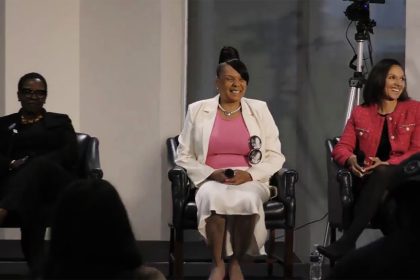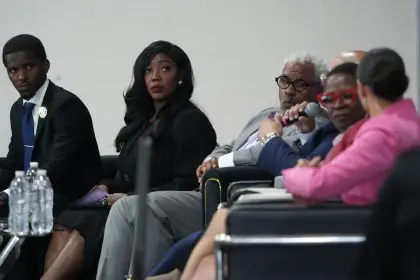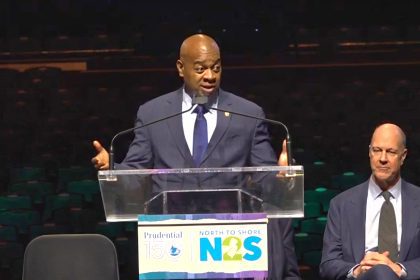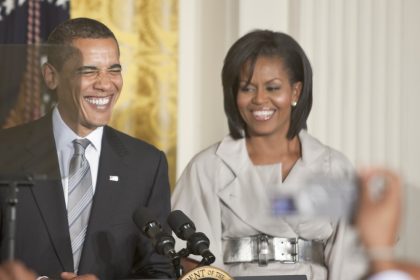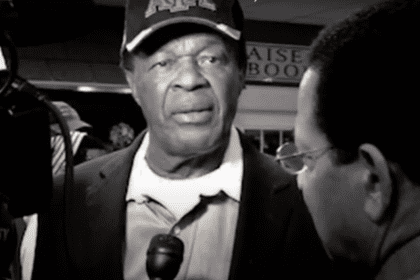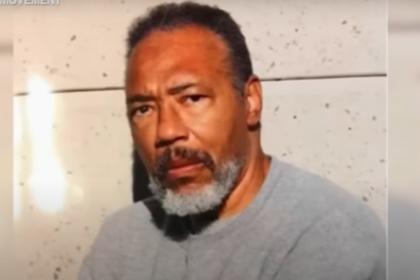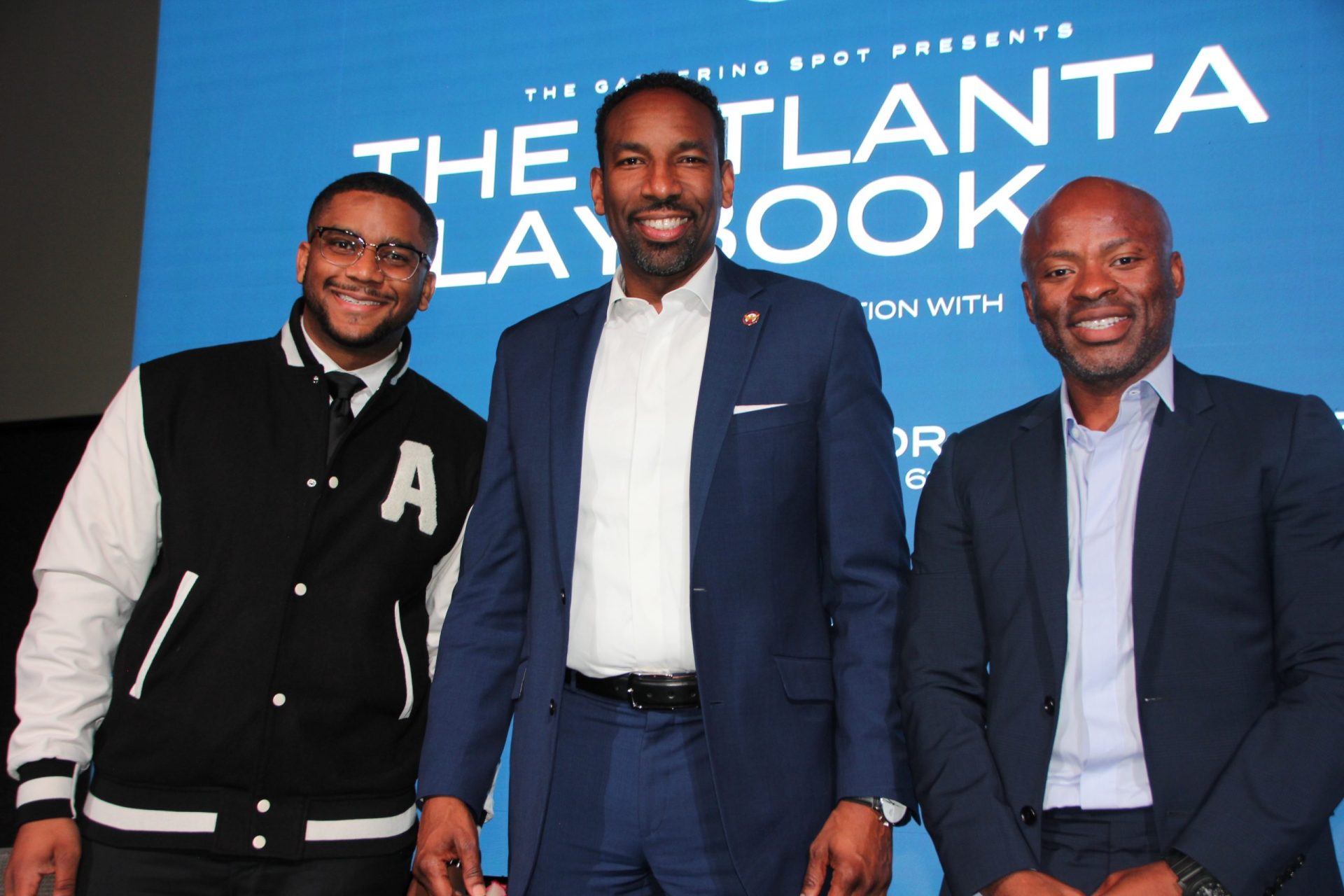Willie Wilson is a success story that should be admired, repeated and mimicked by anyone seeking to make their way out of no way. At the very least, his is an example of what faith in God, hard work, and a healthy sense of purpose can do for those wise enough to employ them. At this point, the story is well told. Born the son of a sharecropper in the segregated South, Wilson left the hardships of picking cotton behind when he headed north seeking a better life for himself. He wound up in Chicago, eventually landing a job mopping floors and cleaning bathrooms at McDonald’s to make ends meet.
According to his own personal accounts, he moved into a managerial position when the former staff abruptly quit, and proved himself through a determined work ethic that eventually landed him in the same room with the original Mr. McDonald’s, Ray Kroc. Determined to run his own store, Wilson convinced Kroc, against the advice of Kroc’s board, to grant him a franchise. One franchise turned into two, two turned into five, and Wilson was on his way to becoming a mini-mogul. For this self-made entrepreneur, McDonald’s proved to be the tree that kept on giving, as Wilson eventually shed himself of the franchises to become a vendor providing plastic gloves and other wares to McDonald’s franchises, eventually growing a client list that includes Walmart as an annual $20 million client.
He runs his $60 million a year operation essentially out of his downtown penthouse and a house in the suburbs, employs about 10 full-time staff people, and, according to his own accounts, donates millions of dollars annually to charities and people in need. His donations to his own campaign currently total $2.1 million, and his down-home, almost folksy way of relating to friends and foes alike seems to have endeared him to a certain percentage of the voting base.
The political mastermind behind the Wilson campaign is none other than Rickey Hendon, the onetime state senator who vacated office almost four years ago amid a federal probe into state, county and city political dealings. Hendon’s sometimes radical approach to civic engagement has baffled some and bedazzled others. How much influence he wields in Wilson’s policy suggestions has yet to be determined, though Wilson has gained an increasing amount of traction in the Black community because of his desire to increase the number of Black contractors doing business with the city of Chicago. Wilson says that, currently, Black contractors secure less than 1 percent of available city contracts. On Feb. 24, voters will have the opportunity to do something about that. Visit www.electwilliewilson.com for more info.


